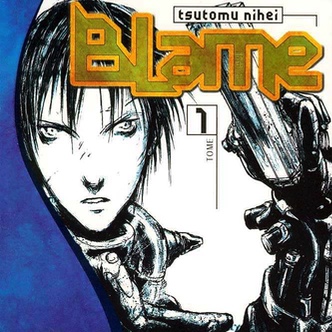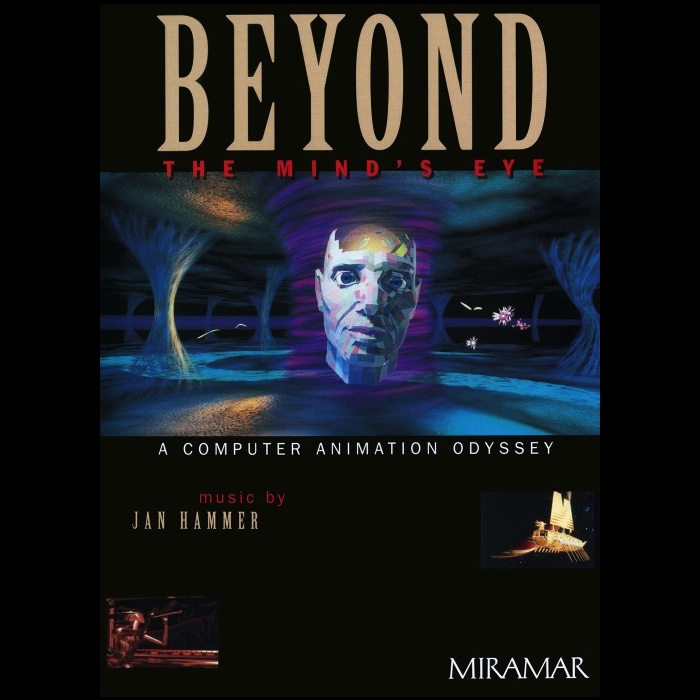Moving my library from Chicken to Chez (when I moved it from Chez to Chicken originally, it was much smaller and I only used a few asserts to test), I discovered that:
- Chicken's
testegg is pretty nice but non-standard. - SRFI-64 (from Thunderchez ) is OK as far as it goes, but has an inadequate test runner (the default just lists PASS/FAIL with no explanation for each test, and has one total). Ridiculous when you have dozens or hundreds of tests.
- There's no good alternative. There's a SchemeUnit which is for PLT Scheme née Racket, and a couple others which aren't SRFI-64 and aren't for Chez.
So I ended up writing my own:
- scheme-test-unit: BSD license, do what thou wilt.
Here's how it works:
#!/usr/bin/env scheme-script
;; example-test.ss
(import (chezscheme)
(srfi s64 testing) ;; thunderchez
(scheme-test-unit)
)
(define (all-tests)
(test-group "All Tests"
(test-group "Math"
(test-equal "add" 4 (+ 2 3))
)
(test-group "Strings"
(test-equal "append" "foobar" (string-append "foo" "bar"))
)
) ;; test group "All Tests"
) ;; all-tests
(define (main argv)
(scheme-test-configure argv)
(all-tests)
)
(main (command-line-arguments))
----
% chmod 755 example-test.ss
% ./example-test.ss --help
Usage: scheme-test-configure [-v|--verbose|-q|--quiet|-o FILENAME|--output FILENAME]
% ./example-test.ss
*** All Tests START
*** Math START
- add [(+ 2 3)] expected <<<5>>> but got <<<4>>>
*** Math END, PASS: 0 / FAIL: 1
*** Strings START
+ append [(string-append foo bar)]
*** Strings END, PASS: 1 / FAIL: 0
*** All Tests END, PASS: 0 / FAIL: 0
FINAL PASS: 1 / FAIL: 1
My own test cases come out:
% ./marklib-test.ss -q
*** Control END, PASS: 4 / FAIL: 0
*** Logic END, PASS: 12 / FAIL: 0
*** Math END, PASS: 18 / FAIL: 0
*** Strings END, PASS: 29 / FAIL: 0
*** Any END, PASS: 31 / FAIL: 0
*** Hashtable END, PASS: 9 / FAIL: 0
*** List END, PASS: 6 / FAIL: 0
*** Maybe END, PASS: 6 / FAIL: 0
*** Stack END, PASS: 10 / FAIL: 0
*** Vector END, PASS: 8 / FAIL: 0
*** Data Structures END, PASS: 0 / FAIL: 0
*** Dice END, PASS: 7 / FAIL: 0
*** All Tests END, PASS: 0 / FAIL: 0
FINAL PASS: 140 / FAIL: 0


